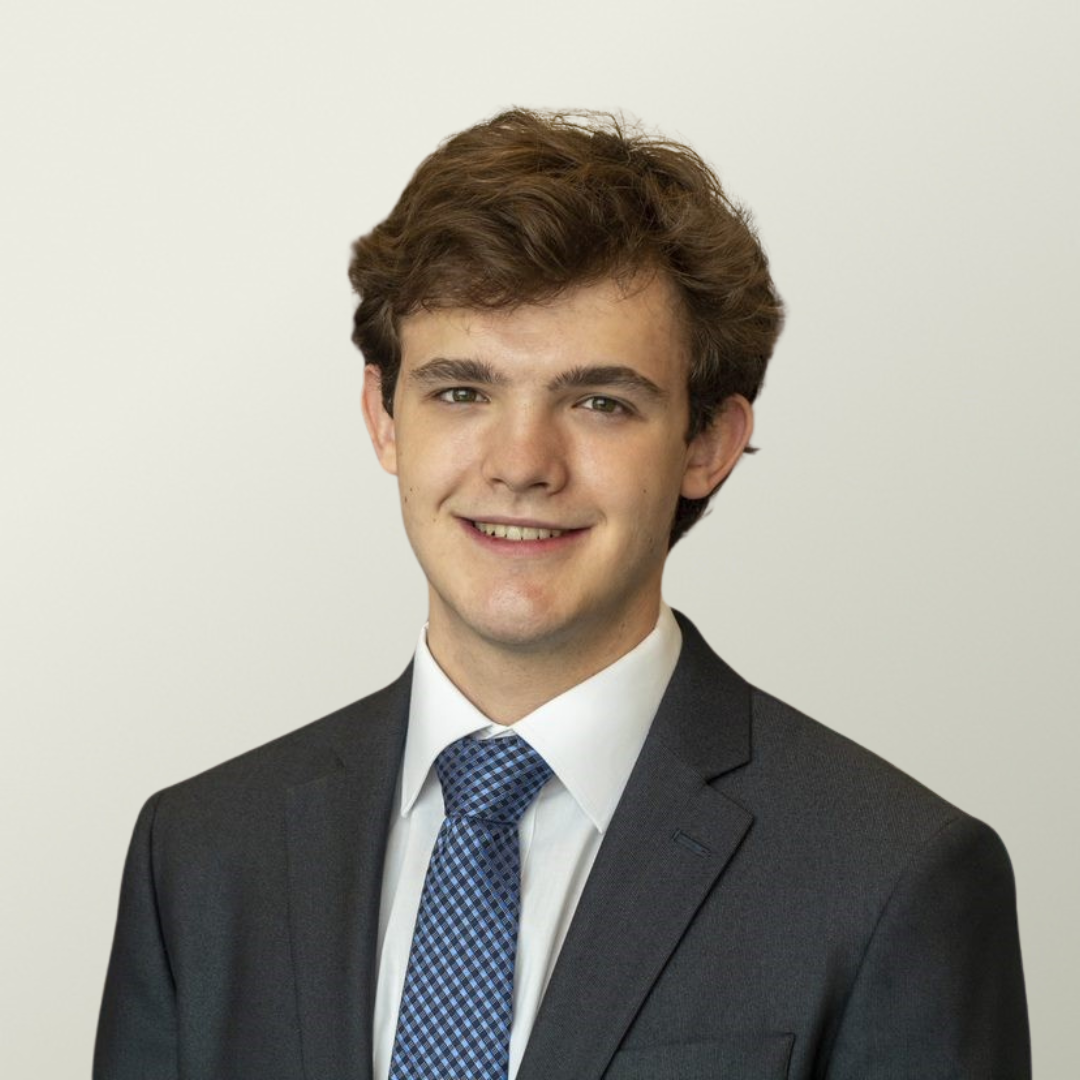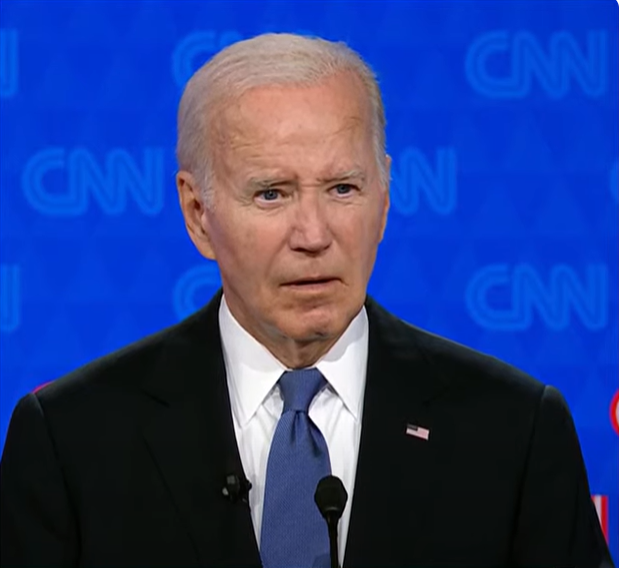Before the first presidential debate, 16 of the world’s top economists signed a letter saying that electing Donald Trump would harm the American economy. Since then, numerous medical experts have been consulted regarding Joe Biden’s health.
Both moves demonstrate the unhealthy dependence our policymakers have on expert opinion. Americans from both sides of the political aisle should vote with their heads — and with their eyes — when they vote in November.
Experts have a vital role to play in advising policymakers and the public, but we should beware of taking their word as law. While politicians should weigh expert opinion when considering policy solutions, and experts should in turn provide the information on which to base these decisions, the voter gets the final say. The conversation should begin with the experts and end with the public.
Every American has the right and responsibility to think for themselves.
If our public discourse did not begin with the experts but instead ended with them, we would have a decidedly authoritarian society. Rather than electing officials to represent our interests, we could hand over control of public affairs to academia’s best and brightest. They, armed with statistics and degrees, would be unquestionable authorities on public matters.
There is a reason the Founders didn’t organize things this way: It wouldn’t work! Experts would inevitably establish policies aimed narrowly at their own fields of study, warring with one another and ultimately neglecting the public interest. In theory, the politician is the perfect middleman between the expert and the typical citizen. Their role is to consider expert advice while giving the people a voice in public affairs.
Unfortunately, today’s politicians have a habit of using expertise that supports their ends as a tool to manipulate voters’ opinions. Politicians duck moral questions about their policies and hide behind a screen of credentials.
We saw an extreme example of this during the COVID-19 pandemic. One of Donald Trump’s mistakes was letting Dr. Anthony Fauci wield expertise with a very heavy hand. Speaking as the voice of science, Fauci advanced policy like a politician. Fauci would later acknowledge that measures like the 6-foot distancing rule were arbitrary. Yet, whenever someone without advanced degrees questioned Fauci’s guidance during the pandemic, they were smeared as uneducated rubes.
Questions about the social implications of masking or the damage done to the economy were not met with discussion but indignation. “How dare you?” replaced by “How can I convince you?”
The citizens were told they could not have an opinion on public matters — the experts knew best.
In the 2024 election, politicians would love for our opinions to be regurgitated expert testimony. The White House touted the credentials of a physician who examined the president, arguing that he’s in fine mental health; a statement most Americans disagree with. Don’t believe your lying eyes, the experts know best! We’ve certainly heard that before.
So, let proclamations like the economists’ letter be the start of the conversation about complex public issues, not the end-all. Read it, think for yourself about its implications, and do your own research. Consider your life experiences and your values — are economic issues your priority or are you more concerned about cultural reform? Then make your decision. Don’t be cudgeled into one camp or the other by impressive expert testimony. As a rational American citizen, it’s your right, and indeed your duty, to have the final word.


